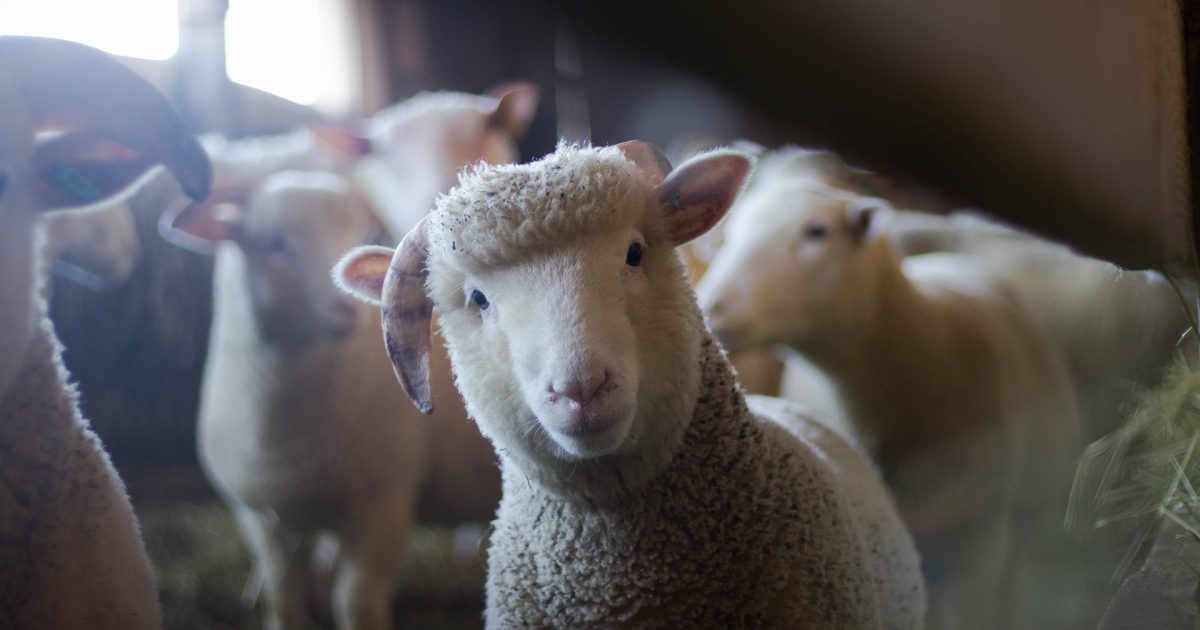The latest annual reports for Western Australia’s three industry-driven biosecurity funding schemes are now available on the Department of Primary Industries and Regional Development website.
Industry Funding Schemes (IFS) address the biosecurity priorities of the cattle; grains, seeds and hay; and sheep and goat industries in Western Australia.
The reports outline the operations and effectiveness of each scheme and the activities of the IFS committees for the 2016/17 financial year.
The IFS are industry-driven and funded by contributions by more than 99 per cent of the industries’ producers, with support provided by the department.
Department Biosecurity Director Mia Carbon said the release of annual reports provided an opportunity for contributors to see how their funds had been used and provide feedback to the management committees.
“Biosecurity programs such as those implemented under the IFSs help maintain Western Australia’s enviable biosecurity status for the benefit of local producers and consumers from domestic and international markets,” Dr Carbon said.
Cattle IFS chairman Steve Meerwald said a major outcome of the scheme in 2016/17 was determining a clear way forward for managing Johne’s disease in cattle.
“With changes to the national framework for managing Johne’s disease, the committee carefully considered how to meet the needs of the cattle industry in Western Australia,” Mr Meerwald said.
“Industry took a strong interest and debated available options before supporting the majority view of maintaining border controls while structured surveillance for the disease is being carried out.
“Surveillance is expected to support the view of industry that Western Australia has a negligible incidence of Johne’s disease in cattle.
“If this is the case, the animal health, welfare and commercial benefits of regulating Johne’s disease and protecting the health status of our cattle will increase in value over time.”
Grains, Seeds and Hay IFS chairman Jim Sullivan said the scheme collected more than $5 million from WA growers during the 2016/17 financial year.
“Funds for the Grains, Seeds and Hay IFS were used to help industry manage skeleton weed and an eradication program for three-horned bedstraw,” Mr Sullivan said.
“The reporting period saw the bedstraw eradication program move into the critical three-year ‘release phase’.
“If there are no detections of bedstraw during this time, the affected properties are expected to be released from quarantine.”
Bedstraw causes considerable yield loss in crops and the seeds contaminate fodder and grain.
Outcomes of the Sheep and Goat IFS in 2016/17 included the continued containment of virulent footrot within the Western Australian herd and the inclusion of wild dogs under the scheme.
Sheep and Goat IFS chair Ed Rogister said the scheme was an important mechanism for the sheep and goat industry to invest in biosecurity, and discussions indicated wild dogs were viewed as a critical risk to production.
“It is estimated that less than one per cent of Western Australia’s sheep and goat herd is infected with the serious infection, virulent footrot,” Mr Rogister said.
“The Sheep and Goat IFS-funded Footrot Control program is central to maintaining the low infection rate and can be used to address other biosecurity risks to industry.”
IFS annual reports can be downloaded from agric.wa.gov.au.


